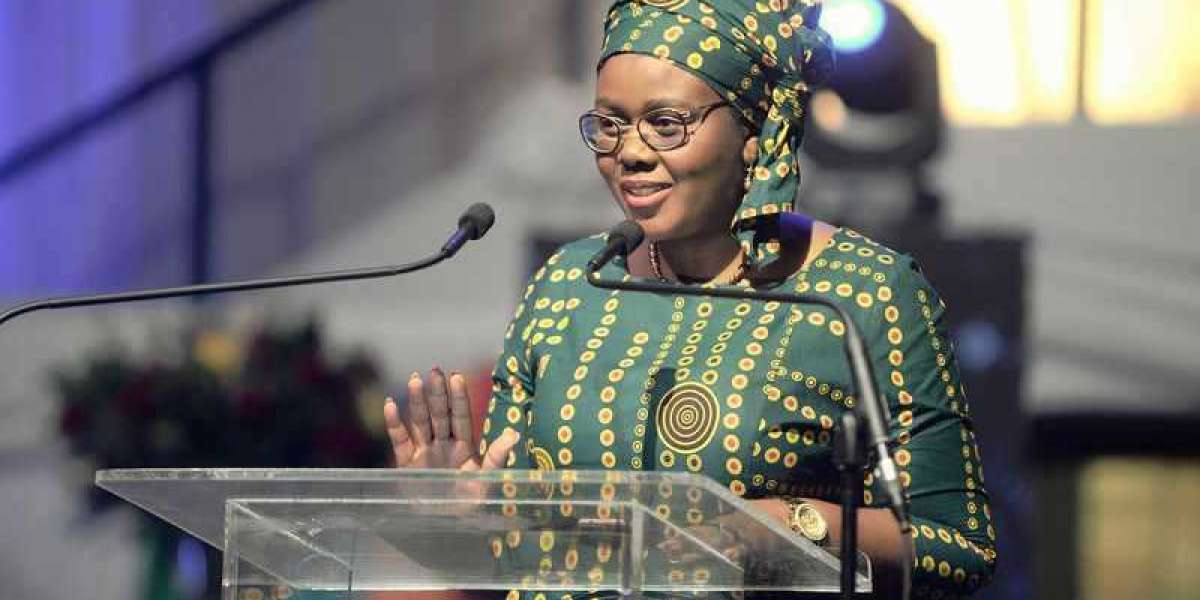“BIG can be regarded as a mechanism to promote equity and thus a wealth tax can be a mechanism through which revenues can be raised to fund a BIG,” its proposal read. Chair of the economic transformation subcommittee Mmamoloko Kubayi told the newspaper that the ANC still preferred implementing a wealth tax to fund the basic income grant. “The majority of the wealth of this country is in the hands of 5% of the population,” the Sunday Times quoted Kubayi as saying. “Are we not taxed like that in terms of income? Those who earn higher are taxed higher; the more you earn, the more you pay tax. It’s the same principle.”
This is not the first time the ANC has discussed a wealth tax. The Sunday Times reported it adopted a similar plan in 2017 to fund a universal basic income scheme. In April 2020, at the start of South Africa’s Covid-19 lockdown, the ruling party also considered a once-off wealth tax to help the country recover from lockdown. The proposal reportedly came from a group of economists led by former South African National Treasury budget chief Michael Sachs. MyBroadband previously asked Efficient Group chief economist Dawie Roodt and the late economist Mike Schüssler for their analysis on the impact of a wealth tax.
Roodt explained that the effectiveness of tax increases would depend on the tax type, duration, and rates. He said that a larger once-off “surcharge” would result in less tax evasion than a smaller tax implemented over a more extended period. “The bottom line is that, at best, extra revenue can be gained only in the short term. Over a longer-term, chances are that less will be collected,” he said. Schüssler explained that the tax burden on South Africans is already very high, with the country among the highest 12 countries on tax as a percentage of GDP.
This results in less investment in the country and, in turn, slower economic growth. Schüssler said South Africa’s personal income taxes to GDP are also among the highest in the world. “This is unsustainable as the people who pay taxes get very little in return — they have seen the wastage, corruption, and high government salaries,” he said. In August 2021, the government once again proposed increasing income taxes to fund a BIG, along with mandatory contributions to a state-run pension scheme.
In its Green Paper on Comprehensive Social Security and Retirement Reform, the Department of Social Development said a 10-percentage point increase on income taxes would be needed to raise R200 billion. However, the income tax hike would have only funded the lowest level proposed for the BIG, which is at the food poverty line. Social Development minister Lindiwe Zulu withdrew the green paper less than a month later. In March 2022, BusinessTech reported that according to investors and tax experts at PSG and Allan Gray, the country is priming taxpayers to introduce a wealth tax.
Allan Gray tax manager Komil Gordhan said that SARS required assets to be declared at market value. This suggests the revenue service is trying to gauge how the value of these assets has changed and determine from where opportunities for tax revenue can come. Citing global property consultancy group Knight Frank, the report also noted that — unlike much of the rest of the world — South Africa saw a significant decline in ultra-high-net-worth individuals over the last year. These individuals are defined as having a net worth of at least $30 million (R494 million), including their primary residence. Knight Frank’s latest wealth report suggested that South Africa’s ultra-wealthy were leaving the country rather than face increasing taxes.








